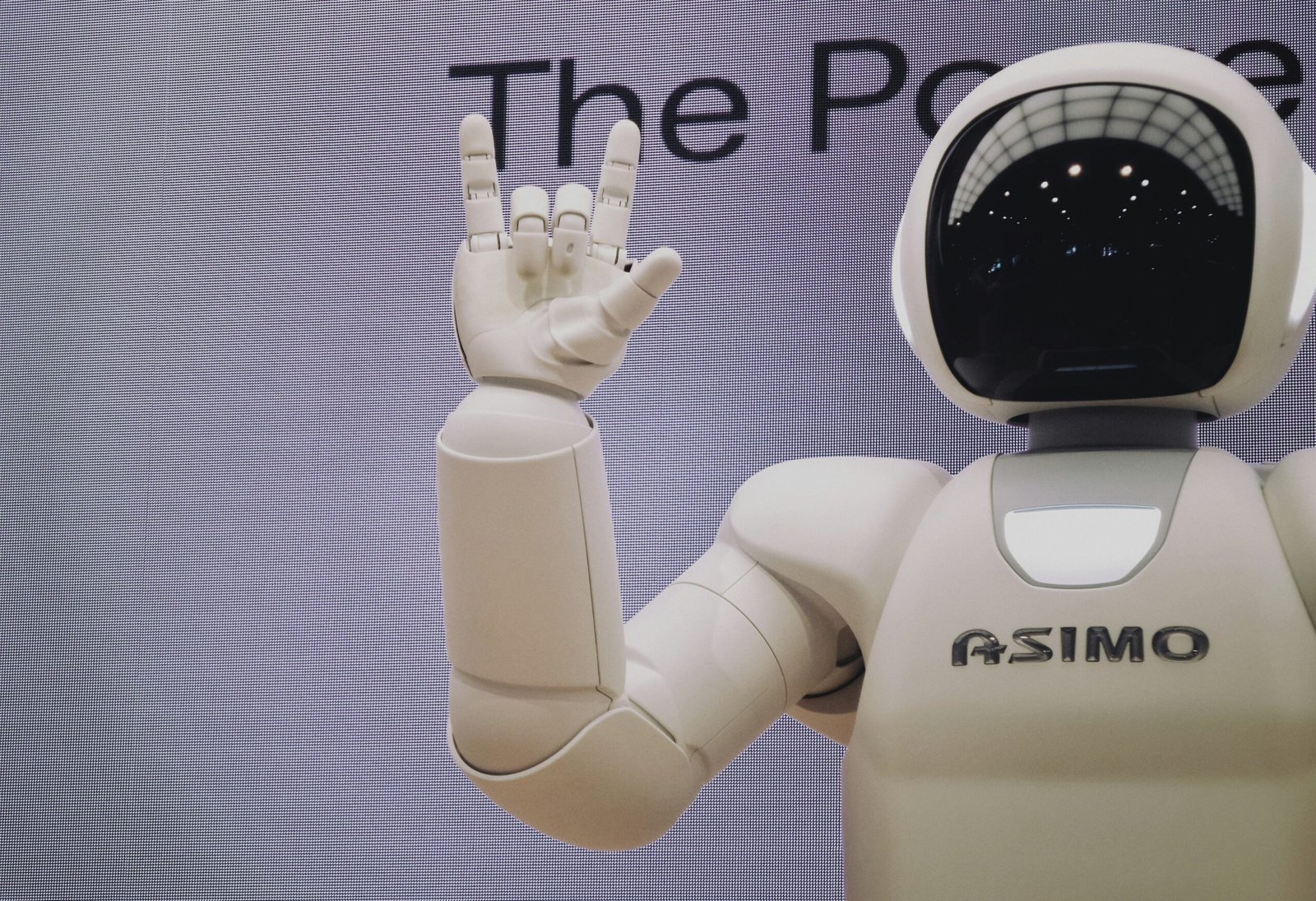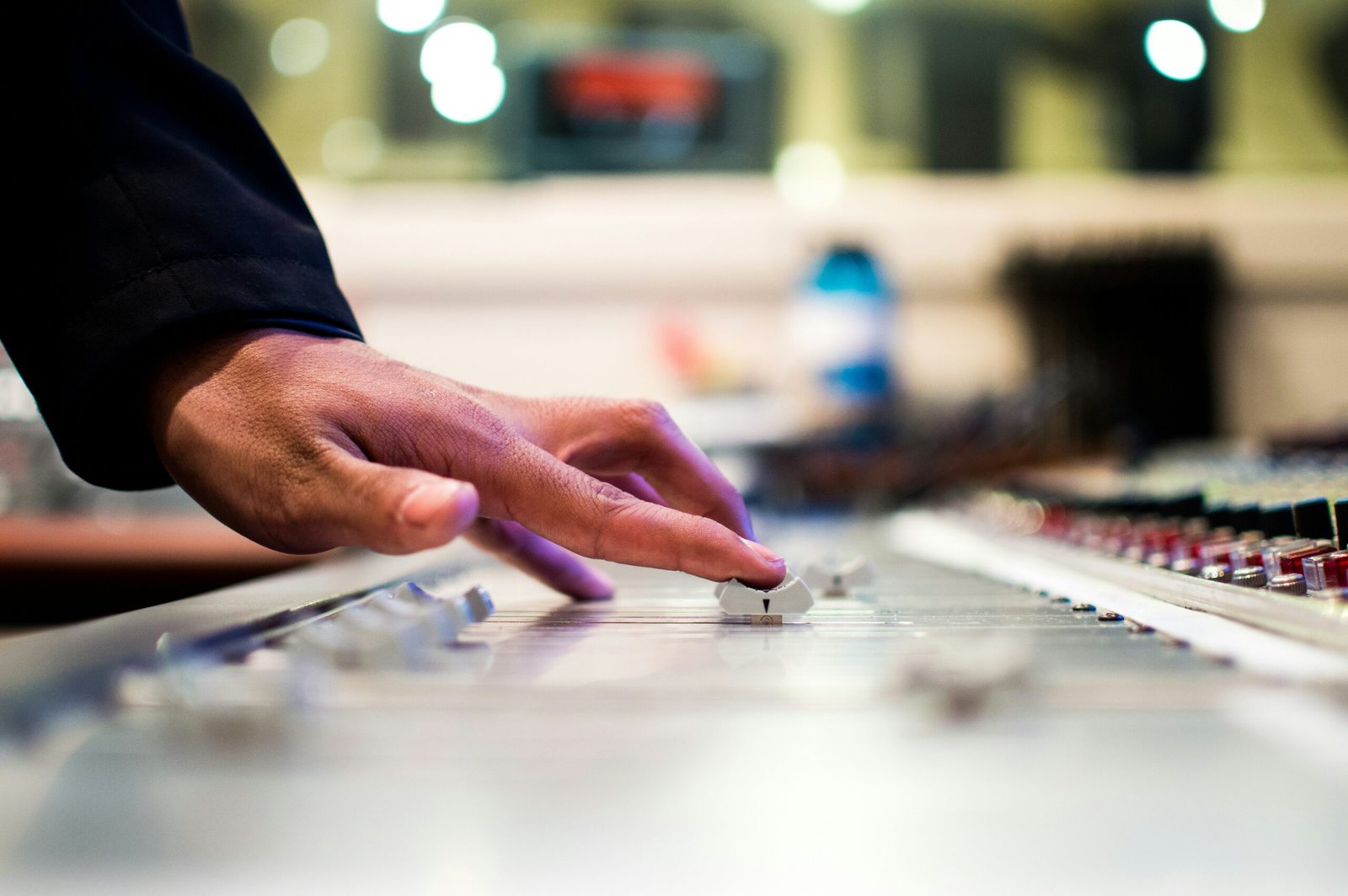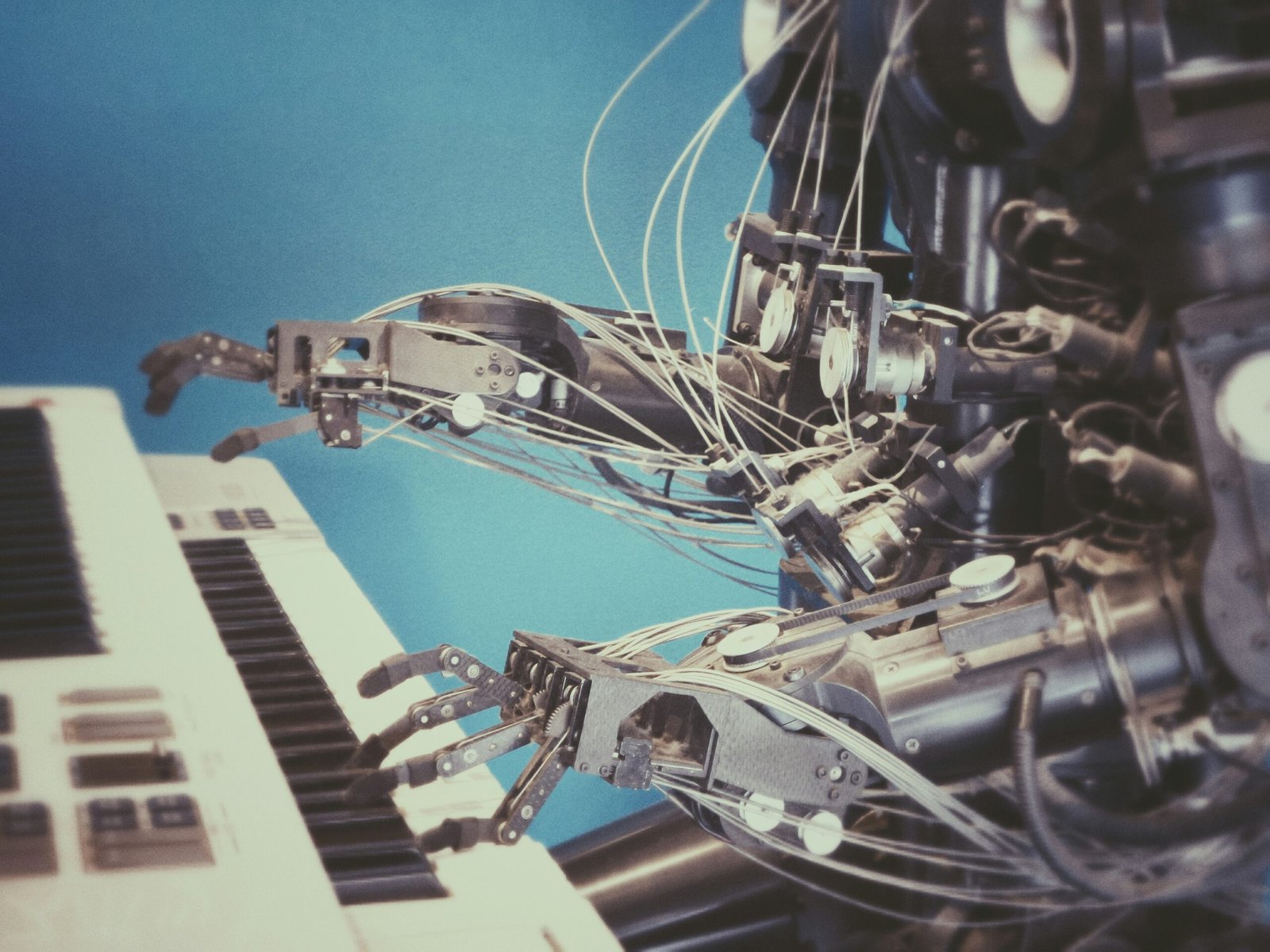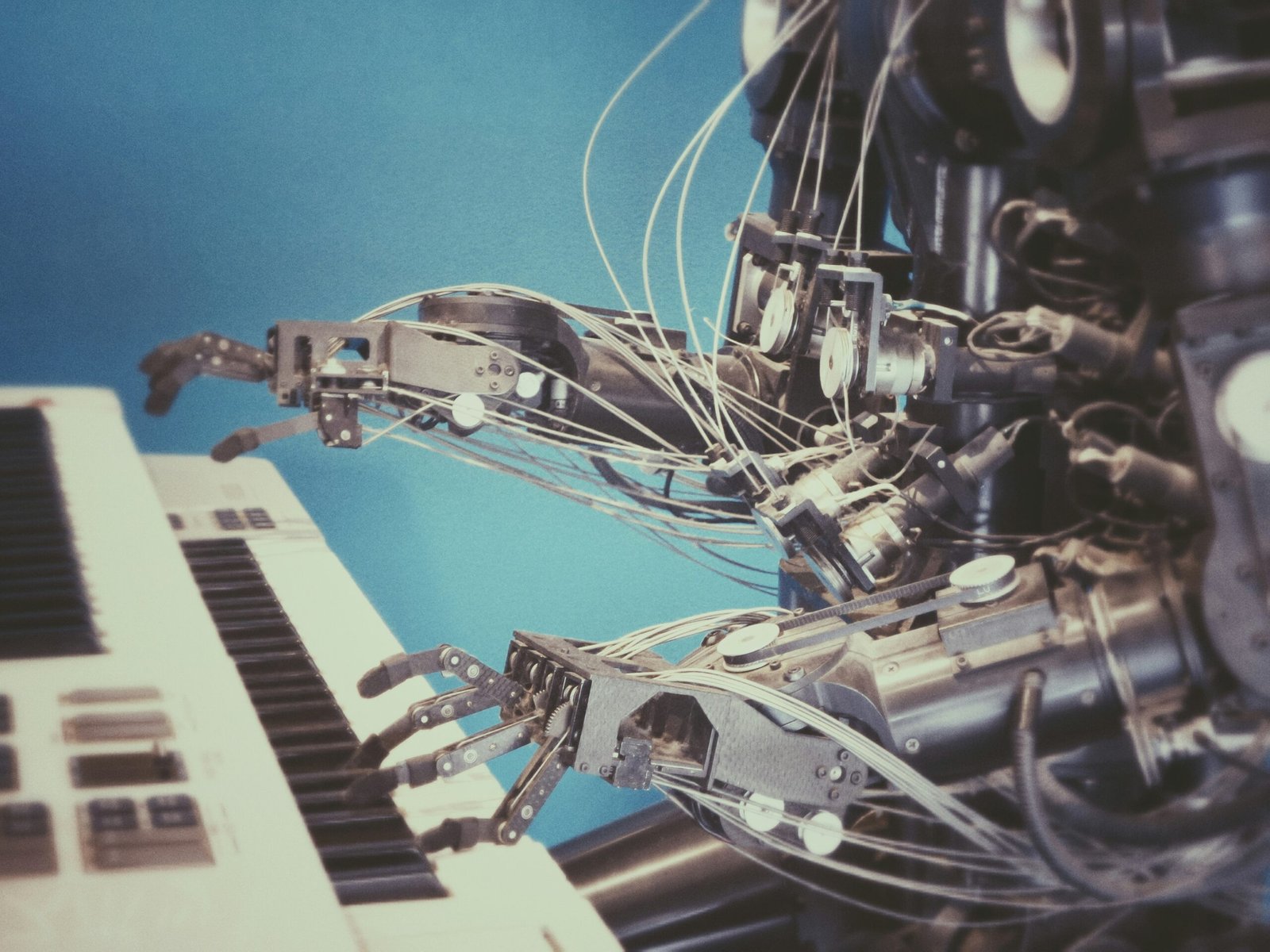Enjoy Creating Music with AI: Exploring the Power of AI Music Generation

Understanding AI Music Generation
AI music generation represents a fascinating intersection of technology and creativity, allowing artificial intelligence to compose music by analyzing vast datasets. At its core, this process involves the use of advanced algorithms that can recognize and replicate musical structures, patterns, and styles. The primary technologies enabling AI music generation include deep learning algorithms and neural networks, which simulate the way human brains process information. These systems are designed to learn from existing compositions and improve their output based on the patterns they identify.
One fundamental aspect of AI music generation is machine learning, a subset of artificial intelligence. Machine learning enables systems to learn independently by digesting large volumes of data. In the context of music, AI analyzes various musical elements such as melody, harmony, rhythm, and instrumentation found in established works across numerous styles and genres. By understanding these components, AI can generate original compositions that mimic the characteristics of the music it studied.
Several noteworthy AI music generation tools are available today, each with distinct capabilities. For instance, platforms like OpenAI’s MuseNet and Google’s Magenta utilize vast datasets to generate new pieces of music across different genres, often resulting in compositions that blend various influences seamlessly. Similarly, tools such as AIVA (Artificial Intelligence Virtual Artist) are designed specifically for composing music for film and video games, showcasing the adaptability of AI technology to different domains within the music industry.
As the field evolves, the integration of AI into music composition raises important questions about authorship, creativity, and the future of musical expression. Nevertheless, the potential of AI music generation is undeniable, providing innovative solutions for musicians and creators to explore new musical landscapes.
The Benefits of Creating Music with AI
Artificial intelligence is revolutionizing the landscape of music creation, offering numerous advantages to musicians across different levels of expertise. One of the primary benefits is the enhancement of creativity; AI systems can provide composers and producers with an array of new ideas, styles, and inspirations. By analyzing vast datasets of existing music, AI can generate unique melodies and harmonies that might not have been conceived by human minds alone, thereby expanding the creative palette of artists.
Furthermore, AI streamlines the music production process. Traditionally, creating music involves numerous steps, from composing and arranging to mixing and mastering. AI-powered tools can automate many of these processes, allowing musicians to focus more on the creative aspects of their work. For instance, AI algorithms can assist in the arrangement of music, suggesting optimal structures while ensuring the final product maintains a professional quality. This efficiency not only saves time but also reduces the barrier to entry for aspiring musicians, making high-quality music production accessible to a broader audience.
In addition to fostering creativity and efficiency, AI technology enables experimentation with different sounds and arrangements. Musicians can easily try out variations of their tracks, playing with different instrumentation or genres without significant time investment. This versatility encourages exploration, fostering a deeper understanding of musical elements and sparking innovation.
Moreover, the collaboration between human musicians and AI systems is becoming increasingly common. Musicians can partner with AI to co-create music, benefiting from the unique insights that these technologies provide. Success stories abound, with artists utilizing AI to enhance their work, revealing a productive synergy that results in music that resonates with a wider audience. Such collaborations exemplify the potential of AI in empowering musicians, whether they are seasoned professionals or beginners venturing into the world of music creation.





